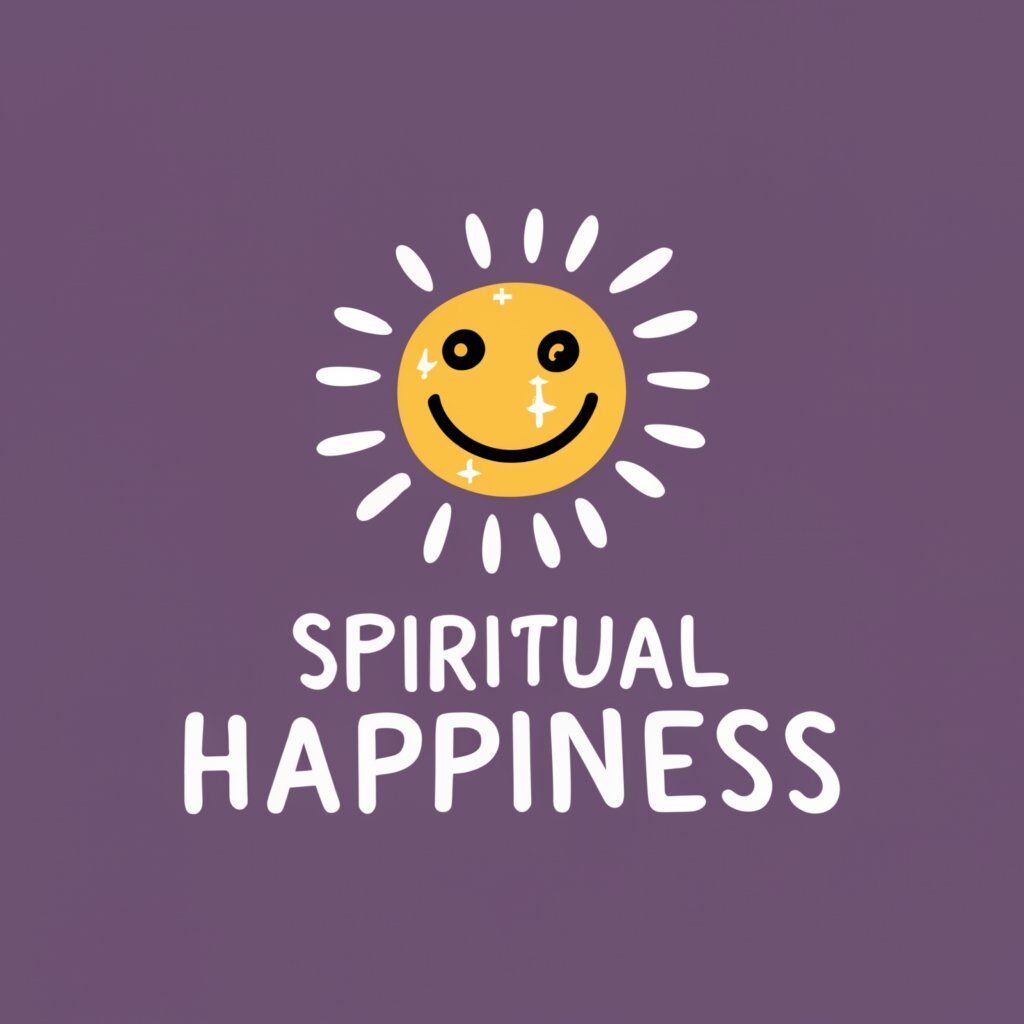Cultivating Resilience in an Ever-Changing World
In a world filled with unexpected twists and turns, the ability to adapt and thrive becomes an invaluable skill. Life often resembles a winding road, with detours that force us to navigate unfamiliar terrains. These unforeseen disruptions can either leave us feeling lost or provide an opportunity to build resilience. Resilience, in essence, is our capacity to rebound from setbacks and emerge stronger. This article delves into the art of cultivating resilience, essential for facing the uncertainties of the modern world.
Embracing Change as a Path to Resilience

Resilience begins with our willingness to embrace change. Life’s landscape is ever-shifting, from minor inconveniences like a rescheduled meeting to life-altering events like losing a job. It is natural to feel apprehension when stepping into the unknown. Deep within, we yearn for stability, yet life’s essence is marked by perseverance. It is the ability to rise from adversity that defines our resilience.
To cultivate resilience, we need a mental “safety net” that empowers us to adapt, think critically, and take inspired actions in the face of uncertainty. Two key avenues for building this safety net are Emotional Mastery and Healthy Habits.
Building Emotional Resilience: The Power of Thought and Emotion

Our perception of a situation shapes our experience of it. What one individual interprets as a frustrating detour, another may view as an opportunity for caution and self-discovery. Our brains tend to cling to predictability and familiarity. This propensity to rely on routine can hinder creativity and adaptability. However, there is a part of us yearning to expand beyond the boundaries of our comfort zones.
To embark on the journey of emotional resilience, we must become comfortable with the idea of change. Change is an inherent part of our existence, manifesting in countless ways – from cellular transformations within our bodies to fluctuations in our energy levels. We often overlook this dynamic interplay as our minds become dominated by repetitive thoughts.
A typical human experiences a staggering 70,000 thoughts every day, most of which are reruns of previous ones. The mind instinctively links thoughts to events, fostering a cycle of conditioned responses. Breaking this cycle involves introducing new perspectives. When we challenge our minds with the idea that no two situations are identical, we disrupt the habitual thought patterns.
Another potent technique is to maintain a gratitude journal. Each morning, we record five things we are thankful for. This practice helps our brains focus on the positive aspects of life, cultivating optimism. As the saying goes, “Where attention goes, energy flows.”
Our minds also generate narratives that guide our emotional responses. By observing and becoming conscious of our internal dialogue, we can disentangle ourselves from our emotions and thoughts. This awareness empowers us to bring fresh insights and resilience to challenging situations.
Meditation plays a pivotal role in this process. It silences the fight-or-flight response and awakens the ‘rest and digest system.’ This shift allows our bodies to recover, fostering a state of stillness and self-connection. During meditation, we detach from the external world, accessing our innate wisdom beyond thought. It is within this deep connection that we uncover our true resilience, allowing us to navigate life’s uncertainties with grace.
Practice Healthy Habits: The Foundation of Resilience
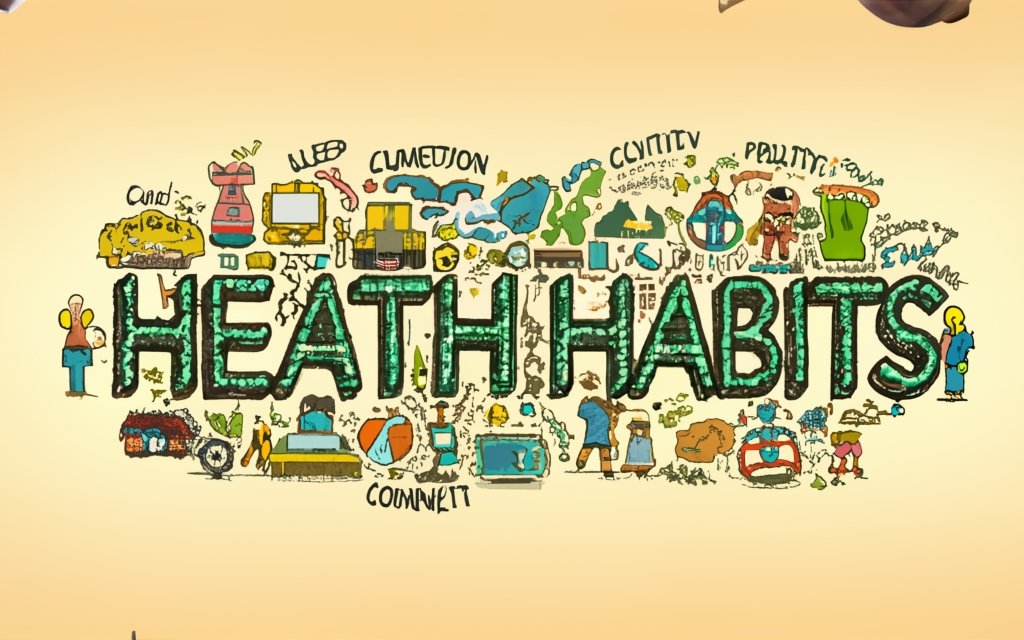
Healthy habits serve as the bedrock upon which resilience is built. Proper sleep, hygiene, Ayurvedic nutrition, physical activity, and positive social connections fortify our physical and mental well-being, granting us the strength to overcome adversity.
In our quest for resilience, we often find ourselves burdened by busy schedules. However, the key lies in granting ourselves permission to progress at our own pace. Paradoxically, embracing a unique rhythm shifts our focus from competition to sustainable change.
For instance, the path to a good night’s sleep begins by dimming the lights in your home half an hour before bedtime. This small adjustment signals your body to relax, preparing you for a peaceful slumber. Author James Clear wisely notes, “Every action is a vote for the person you wish to become.” To adopt an Ayurvedic diet, the goal isn’t to create elaborate meals daily but to transform into a person who values mind-body balance.
This might seem counterintuitive, but it requires introspection on what balance means to you personally. Aligning with your values unleashes motivation and fuels inspired actions. The path to balance varies for each of us, and we must identify how we can gradually incorporate it into our lives.
Cultivating resilience isn’t about grand, sweeping changes; it’s the result of small adjustments in various aspects of life. These modifications stretch our thinking, making us creative problem solvers who engage mind, body, and spirit to bounce back from life’s challenges.
Building emotional mastery and healthy habits can be a rewarding daily journey. By cultivating emotional strength, kindness, and flexibility, we evolve into the resilient individuals we are destined to become.
Nurturing Resilience: A Continuous Evolution

The journey of nurturing resilience is not a one-time endeavor; it’s a continuous evolution. Through consistent practice of emotional mastery and healthy habits, you pave the way for a future marked by adaptability and strength.
Emotional Resilience as a Daily Practice
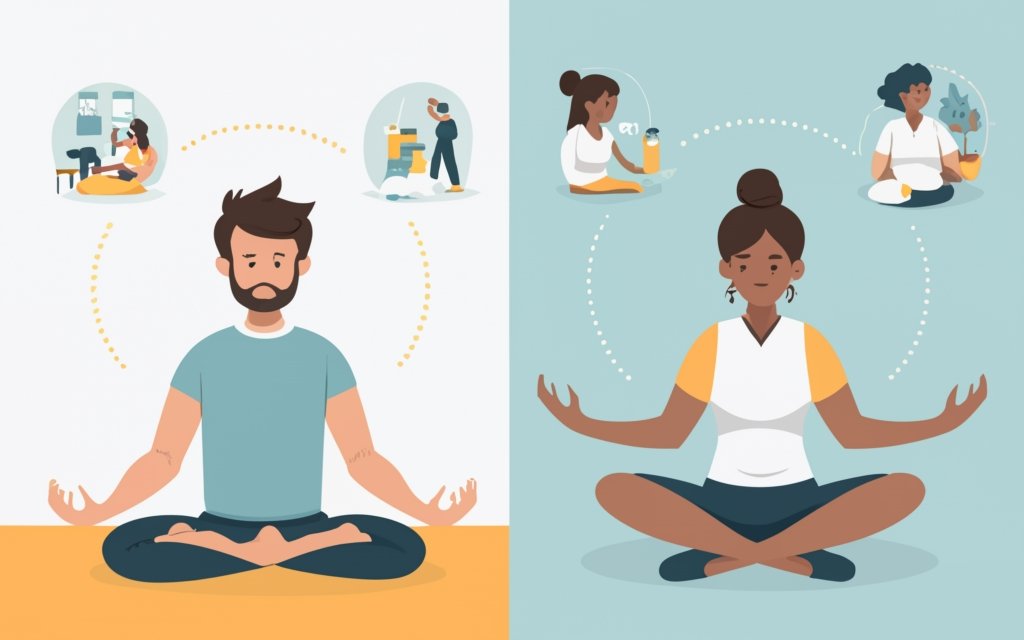
Daily life offers numerous opportunities to apply emotional resilience. As you encounter unexpected detours, instead of reacting with frustration, pause to reflect on your emotional response. This self-awareness is the cornerstone of emotional mastery.
To hone this skill, delve into meditation as a daily practice. Meditation is not merely a spiritual exercise but a practical tool for maintaining equilibrium in the face of life’s twists and turns. It provides a refuge from external chaos, allowing you to reconnect with your inner self, a wellspring of resilience. This daily ritual empowers you to access the wisdom that transcends conscious thought.
The ability to distance yourself from your emotions and thoughts in the midst of chaos provides a significant advantage. In this moment of self-awareness, you gain a clearer perspective on the situation, enhancing your problem-solving abilities. With resilience, you not only face adversity but also harness it as a catalyst for growth.
Incorporating Healthy Habits into Daily Life
As you embark on the path of resilience, the integration of healthy habits becomes imperative. It is not an overwhelming task but rather a series of gradual shifts in your daily routine.
For instance, establishing a structured sleep pattern can be achieved by ensuring your sleep environment is conducive to rest. By dimming the lights before bedtime and adopting a relaxing pre-sleep routine, you signal to your body that it’s time to unwind, making for a more rejuvenating slumber.
Incorporating Ayurvedic nutrition can be as simple as introducing one or two Ayurvedic elements into your diet each week. This gradual approach aligns with the idea of becoming the person who values mind-body balance. Each step towards this goal is a vote for a healthier and more resilient you.
Positive social connections play an equally vital role in your journey towards resilience. Foster relationships that provide support, encouragement, and positivity. Surrounding yourself with people who uplift and inspire you is essential for your emotional well-being.
Resilience: A Lifelong Commitment
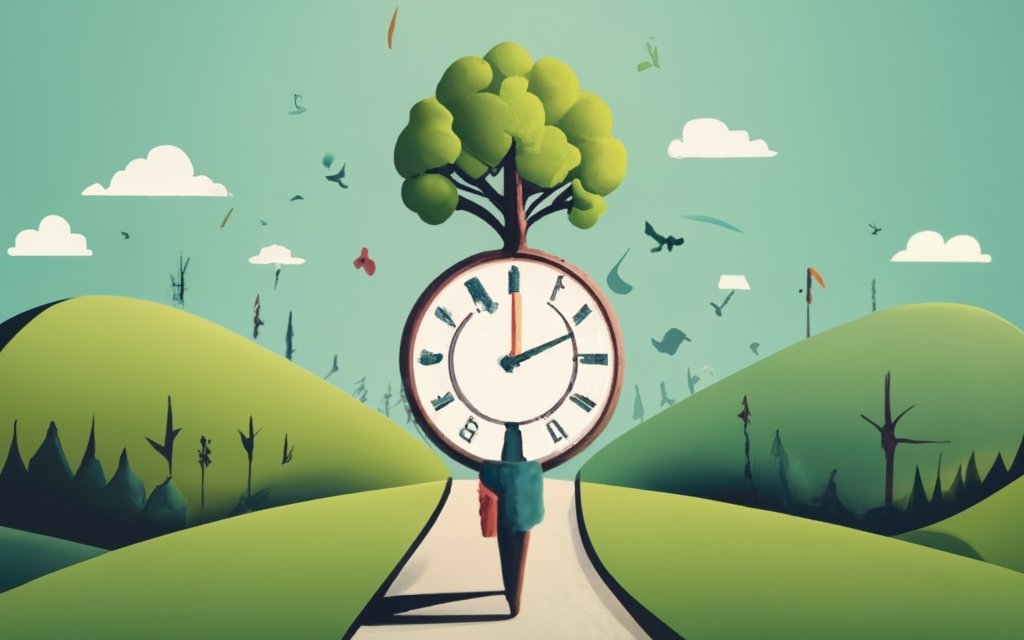
In your pursuit of resilience, remember that it’s not an overnight transformation. Resilience is a lifelong commitment to personal growth and adaptability. It’s an ongoing journey of self-discovery and self-improvement.
Every day, you have the opportunity to practice emotional mastery and nurture healthy habits. By consistently working on these aspects of your life, you pave the way for a future marked by resilience and the ability to face life’s uncertainties with grace and determination.
Embrace the challenges and changes that come your way, for they are the catalysts that drive your growth and empower you to become the person you are meant to be. With each step, you inch closer to a life filled with resilience, strength, and the unwavering ability to thrive in an ever-changing world.
Conclusion: The Ongoing Journey of Resilience
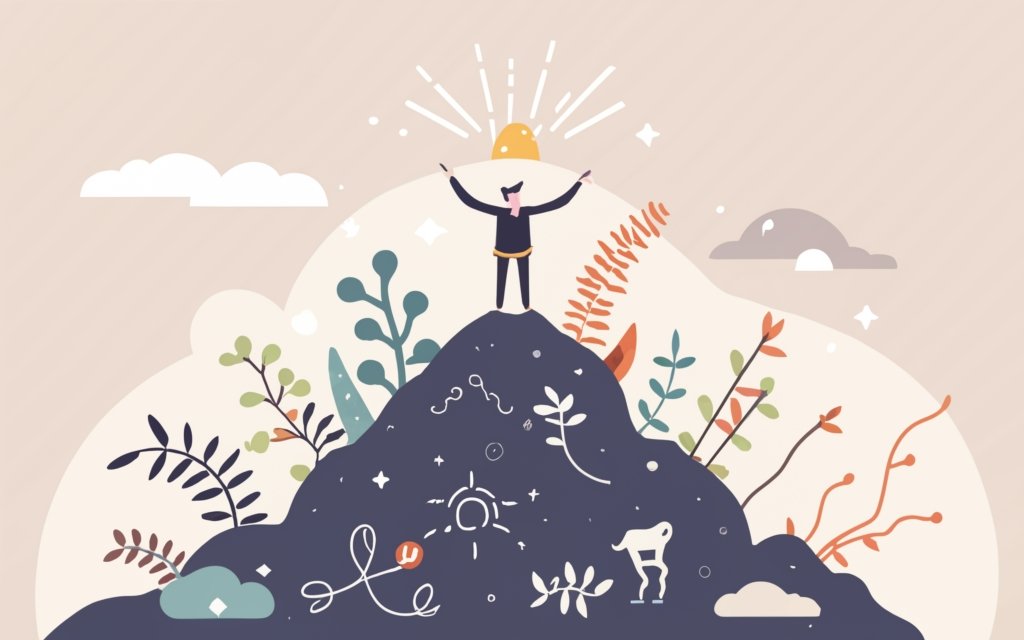
The journey to cultivate resilience is an ongoing and enriching process. By embracing emotional mastery and healthy habits, you equip yourself to navigate life’s unpredictabilities with poise and resilience. This transformative journey is marked by self-awareness, adaptability, and personal growth.
Resilience empowers you to thrive in the face of adversity, transforming life’s challenges into opportunities for development. The ability to master your emotions and sustain healthy habits is an invaluable asset that propels you towards a brighter and more resilient future.
As you persist on this journey, remember that resilience is a lifelong commitment. Every day presents a chance to practice emotional mastery and reinforce healthy habits, ultimately leading you towards a life characterized by inner strength, creativity, and the unwavering capacity to flourish amidst life’s ever-evolving landscape.
FAQ: Navigating the Path to Resilience
Q1: How can I begin building emotional resilience in my daily life?
A1: Commencing the journey of emotional resilience involves acknowledging change and embracing it. Daily meditation can be a powerful tool to cultivate self-awareness and emotional mastery. It helps in distancing yourself from your emotions and thoughts, enabling you to respond to life’s challenges with greater clarity and creativity.
Q2: What are some practical steps to integrate healthy habits into my busy routine?
A2: The key to adopting healthy habits lies in granting yourself permission to progress at your own pace. Start with small, manageable changes, such as dimming the lights before bedtime for better sleep. You can gradually introduce elements of Ayurvedic nutrition and prioritize positive social connections. Remember, slow and steady progress leads to lasting change.
Q3: Is it possible to maintain resilience in the face of significant life changes and hardships?
A3: Absolutely. Resilience is not about avoiding life’s challenges, but about thriving in the midst of them. The journey towards resilience equips you with the tools to adapt, grow, and transform challenges into opportunities for self-improvement.
Q4: Can resilience be cultivated at any age, or is it more effective when started early in life?
A4: Resilience is a quality that can be developed at any stage of life. While it may be advantageous to begin early, it is never too late to embark on the journey of self-improvement and resilience. The ability to adapt and thrive is a lifelong endeavor that knows no age restrictions.
In conclusion, the path to resilience is a dynamic and transformative journey. By embracing emotional mastery and integrating healthy habits into your daily life, you pave the way for a future marked by adaptability and strength. This lifelong commitment to personal growth empowers you to navigate life’s uncertainties with grace and determination, transforming challenges into opportunities for development.
